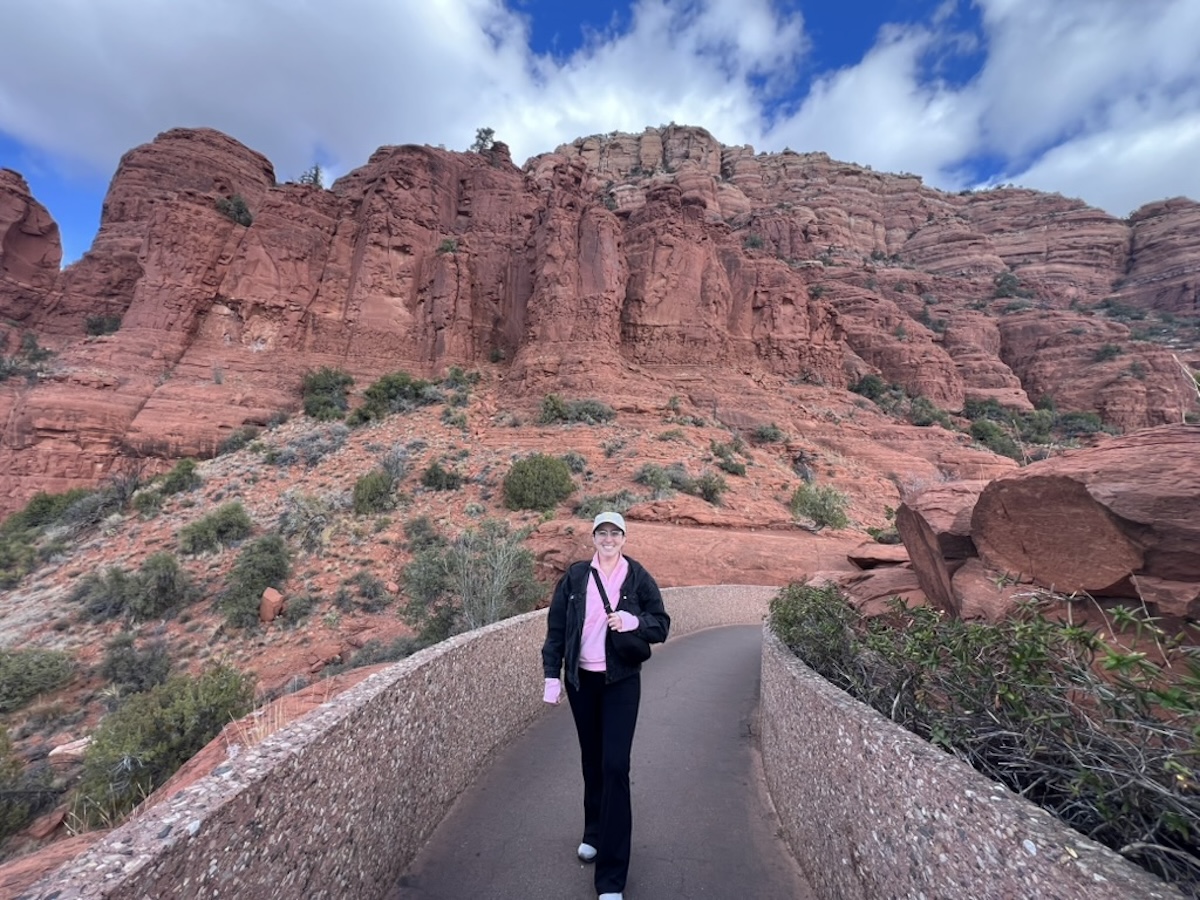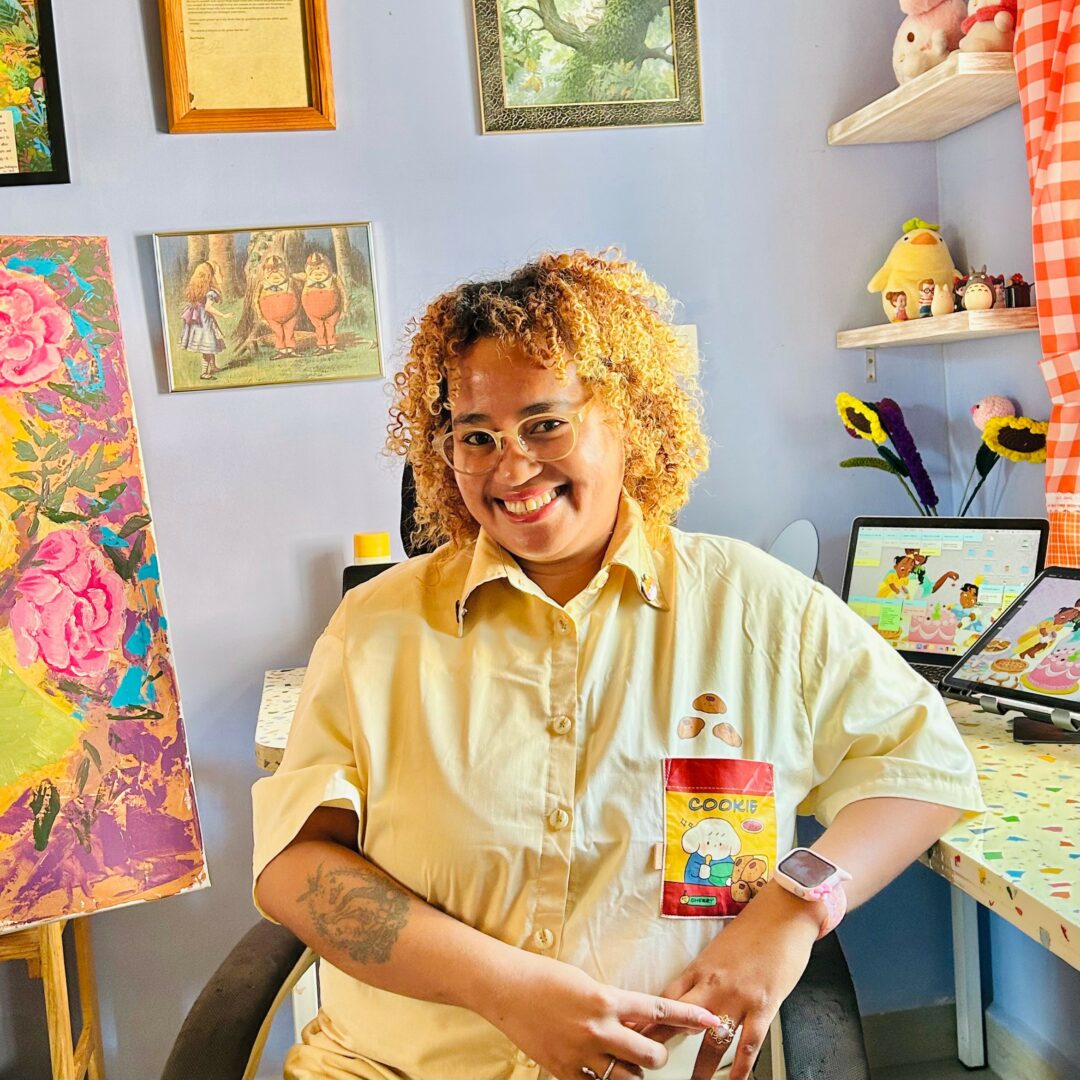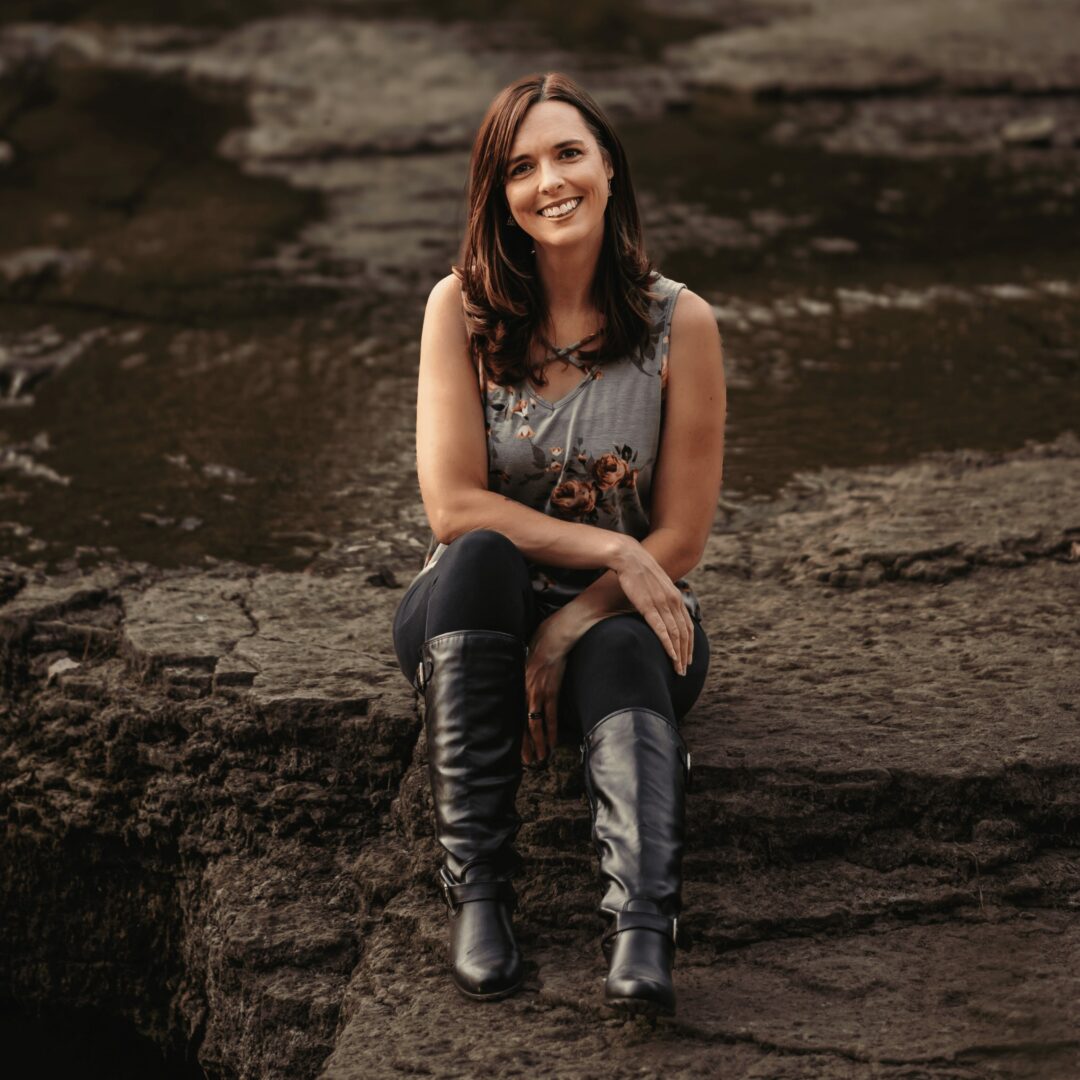Alright – so today we’ve got the honor of introducing you to Johnny Martyr. We think you’ll enjoy our conversation, we’ve shared it below.
Hi Johnny, so happy you were able to devote some time to sharing your thoughts and wisdom with our community. So, we’ve always admired how you have seemingly never let nay-sayers or haters keep you down. Can you talk to us about how to persist despite the negative energy that so often is thrown at folks trying to do something special with their lives?
It is of course painful if someone doesn’t like work that you’ve put your soul into. They’re not just criticizing your photography, it feels like they’re criticizing who you are as a person and what you believe in. But I’ve gotten to a point in my photographic journey where I am generally happy with my work. Sure, I can always, and am always trying to improve. But a lot of what I’m doing today are things that, when I was starting out, I wanted to do but was totally incapable of, or just afraid to do. I have been taking photographs long enough, and adamantly enough that I know what I did right and wrong during a gig or project without needing anyone to tell me.
I find that most of the time, when people criticize art or photography, they are uninformed of the artists goals and greater context of what they’re looking at. It’s as if people have this construct in their mind of what they think is good, and they just hold everything else up to that construct – instead of seeing things for what they are. So when someone doesn’t have much understanding of my goals and principles, it’s easy to ignore baseless criticism like “you know you can just take grainy b&w photos with a digital camera, right?”
I don’t advocate ignoring criticism though. I think it’s important to consider criticism more than compliments. That’s how you get good. But once you figure out what your style of photography is and what you’re trying to express, the only criticism that matters is from those who understand your mission and point out when you don’t achieve your own objective. That type of criticism is immensely useful, but ironically it is often only provided by true fans of your work! And you only get those kind of fans by making clear, relatable statements in your photography, over and over and over again. So there’s just no time for listening to people who are just trying to make my work look and function like theirs.


Thanks for sharing that. So, before we get any further into our conversation, can you tell our readers a bit about yourself and what you’re working on?
I specialize in documenting important people and events on black and white 35mm film in existing light. I cover weddings, concerts and political gatherings with some street and even family photography mixed in. Today, much of this kind of photography, even if it’s black and white, is done with automated, digital cameras. But I believe that by using manual focus, manual exposure film cameras, and developing and digitizing images by hand, a photographer not only brings organic elements to the scene but they mark it with their own perspective and reaction. In news and documentary, knowing the bias of the storyteller is critical to understanding the entire truth of a statement. Ultimately, it’s all really commentary more so than empirical fact. So much modern photography feels homogenized and devoid of a unique viewpoint that shares that bias of the storyteller. My approach is reductionist in that I want to remove color, artificial lighting and the interference of automation to get to the heart of each vision and my reaction to it. Slight technical imperfections are reminders that there was a person behind a camera with thoughts, feelings, opinions and physicality that viewers may or may not relate to. I believe that in the age of AI, human perspective and connection will become increasingly valuable in media.


Looking back, what do you think were the three qualities, skills, or areas of knowledge that were most impactful in your journey? What advice do you have for folks who are early in their journey in terms of how they can best develop or improve on these?
–I think a quality of mine that has been impactful on my journey is my tendency to trust my instinct and follow it until I can make sense of it. Many people, including myself in some areas, tend to ignore instinctual reactions at the moment that they are disproven or criticized. But I think there is something important to be found in our initial feelings and natural reactions to a subject.
In my case, mechanical film cameras fascinated me even though I started taking photos when electronic cameras were most prevalent. My photography has been an extended journey of following that initial instinct; learning about it and going deeper with it, rather than dismissing it as a simple, impractical whim of nostalgia.
–A skill that has been impactful is my ability to understand mechanical devices. I enjoy working on cars, antique appliances and other devices. When you shoot with very old cameras, you have to sometimes service or repair them yourself. But even if you pay a professional to do this work, which I highly recommend, it’s helpful to understand basically how these cameras work. You can develop a kind of relationship with them that can be imparted into your images.
–Having a knowledge of art history is important to being a photographer. Without it, I see many photographers mocking and misunderstanding the premise of types and genres of art that seem new to them but have really been manifested time and again in art history. Knowing what people have done before us and finding ones own area that one can relate to helps inform your work and keeps it from just looking like what everyone else is doing. Or, if your work just happens to look like what everyone else is doing because that’s what you like, you can at least understand why and understand other photographers’ efforts.


Tell us what your ideal client would be like?
My ideal clients are engaging, confident people who allow me to take photos of them just being themselves, without being distracted by me or feeling self-conscious.
Over the weekend, I photographed the Capital Pride parade in Washington DC. I find that at events like this, most people are more than willing to be photographed and express themselves with their clothing and excitement. They want to be seen! Wedding receptions and concerts are also like this. People are happy to be photographed when they’re having the time of their lives.
Ironically, I find that photogenic celebrities are often the most self-conscious! When I photographed comedian Nikki Glaser, she was about to perform for about four thousand people but was somewhat reserved in our first backstage shots. She is probably more comfortable being directed and posing for photos. Without a million flash bulbs going off on a red carpet, she was just as nervous as I was. And actually most people are conditioned to smile and look at cameras. So I have to come out from behind my cameras and challenge myself to be confident and social, when all I want to do is watch and snap away quietly.
Because I’m looking to document human connection, it only makes sense that I also need to connect to people. This is often more challenging than taking the actual photos.
So yeah, anyone can be an ideal client for me, it’s just a matter of the setting and it can be up to me to help them sometimes!
Contact Info:
- Website: http://www.johnnymartyr.com/
- Instagram: https://www.instagram.com/johnnymartyrphoto/
- Facebook: https://www.facebook.com/JohnnyMartyrPhoto
- Linkedin: https://www.linkedin.com/in/johnnymartyr/
- Other: https://johnnymartyr.wordpress.com/










Image Credits
All photos © Johnny Martyr
so if you or someone you know deserves recognition please let us know here.




